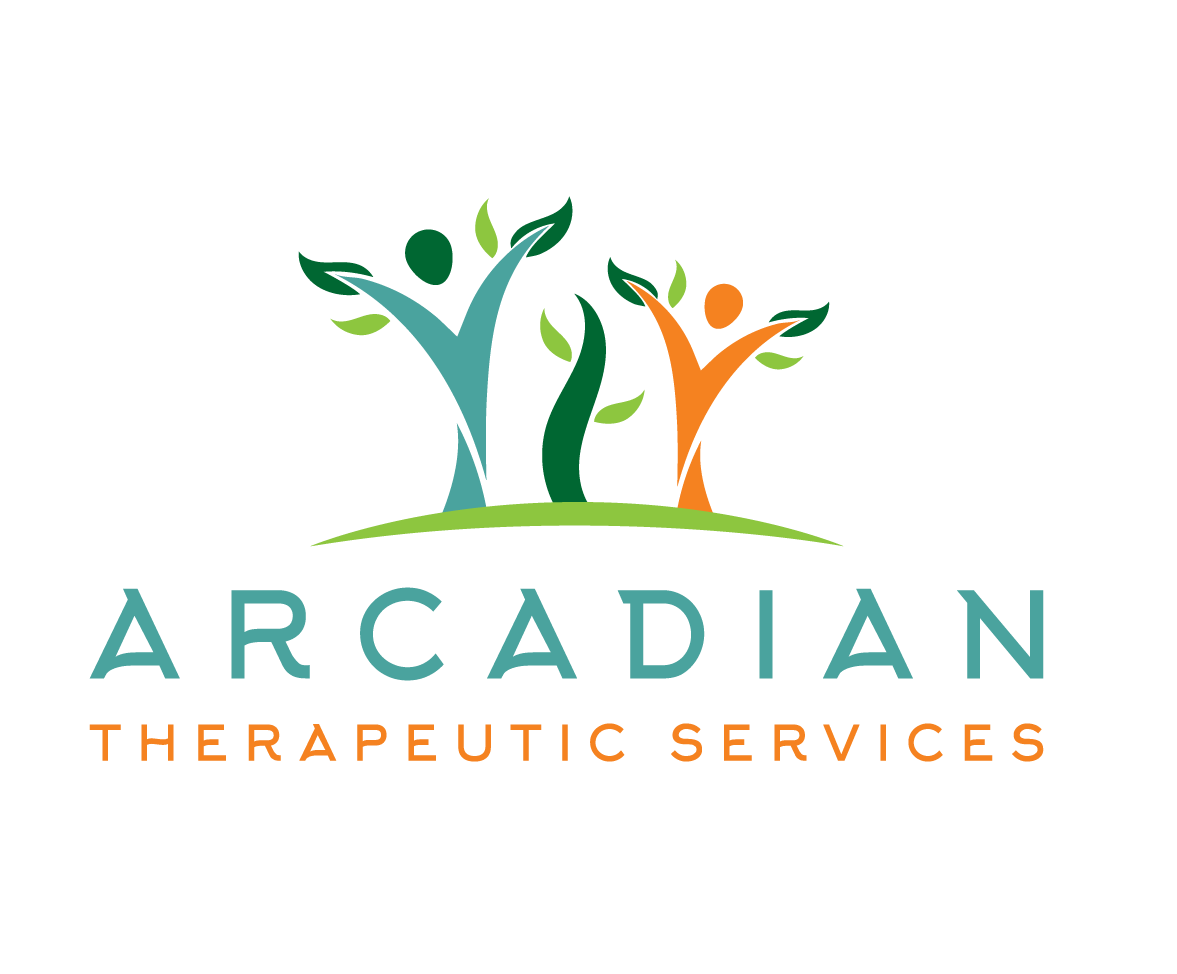Cultivating a Life of Appreciation
Gratitude and Reflection: Cultivating a Life of Appreciation and Insight
With busy schedules and the fast-pace of our world, it can become easy to overlook the small meaningful moments that bring us joy and forget to take a step back to evaluate our lives. Gratitude and reflection are powerful tools that can help us live more intentional, meaningful lives. By appreciating present moments and learning from our experiences, we can begin to cultivate personal growth, happiness, and well-being.
What is Gratitude?
Gratitude is the practice of showing appreciation for the positive aspects of life including people and experiences- no matter how big or small- and even in the face of hardship. Gratitude is a mindset that can be intentionally exercised through a focus on what we have instead of things we lack.
Benefits of Gratitude
Improved Mental Health: When we start to focus on the positive aspects of our lives, we naturally become less likely to get stuck on the negatives. This practice can reduce feelings of anxiety, depression, and stress while increasing levels of happiness.
Better Relationships: Expressions of gratitude within our relationships can promote connection. Appreciating others in our lives can spread positivity, leading to both people feeling valued and acknowledged.
Increased Resilience: Those who practice gratitude are likely to have greater emotional resilience when faced with adversity. Gratitude can help you find strength in difficult times and use these moments for personal growth.
What is Reflection?
Reflection is the process of thoughtfully examining one’s thoughts, feelings, behaviors, and experiences to gain insight and understanding about life circumstances. Reflection requires us to pause and evaluate all aspects of situations.
The Benefits of Reflection
Increased Self-Awareness: Reflection encourages us to better understand our thoughts, motivations, and behaviors. It helps us recognize patterns and identify areas where we can improve.
Learning from Mistakes:
When we reflect on our experiences we have the opportunity to learn and examine if we would like to make the same choices in the future. This insight can help guide future decisions, making us more intentional and thoughtful in our daily life.
How to Practice Gratitude and Reflection
Gratitude Journal: Take a few minutes each day, write down 3 specific moments or experiences you’re grateful for. With practice, you will begin to notice more little things you are grateful for in your life.
Express Appreciation: Tell someone in your life why you value them.
Savor Small Joys: Pause to fully enjoy simple pleasures. Practice staying in the present moment and appreciate what’s around you.
Mindful Walks: Take a walk and focus on your surroundings. Notice the sights, sounds, and smells. Reflect on how you feel.
Gratitude Jar: Write down things you’re grateful for on small slips of paper. Place them in a jar. At the end of the month, revisit them to reflect on positive moments and how you felt.
Thoughtful Conversation: Share your reflections with a trusted friend or family member. Discuss what’s been on your mind or what you’ve learned recently.
Daily Pause: Set aside a few minutes to sit quietly and ask yourself questions like: "What went well today?" "What could I have done differently?" "How did I feel throughout the day?" After reflecting on your experiences, set intentions for the future.
Written by Kaley Jackson, Candidate for Masters in Clinical Mental Health Counseling
